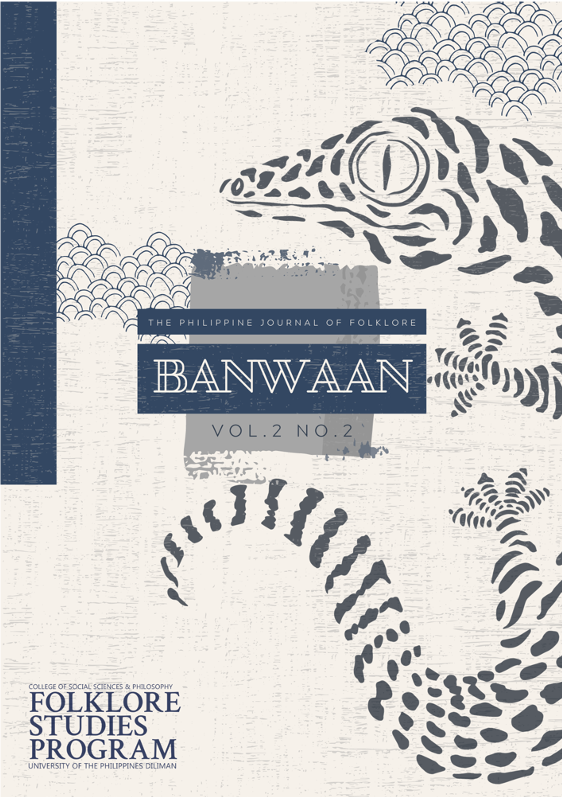Walking in UP Diliman as Ethnographic and Countermapping Practice
Abstract
Coupling the author’s autoethnographic account and walk-map with literary texts set at the University of the Philippines Diliman [UPD] campus, the present article treats walking as a form of ethnographic and countermapping practice. These two processes, “autobiographical reflections” and “a return to text,” constitute an autoethnographic practice that is “non-positivist,” “post-fieldwork,” and “post(modern)- ethnography” (Esteban 2018). The ethnographic component attempts to provide descriptions of walking within the campus according to the community members’ perspective. From this position of the walking folk, the countermapping component seeks to redefine the space and place that have long been determined and demarcated by the state and institutions of power. The result can be labelled “phenomenological,” if what we mean by such is “to pay [closer] attention to experiences of tactile, feet-first, engagement with the world” (Ingold & Vergunst 2016) and an approach that “means heavy linguistic analysis… [since] language is itself data, words providing insights into how people look at the world around them” (Tan 2008). Such two-pronged approach necessitates an introductory discussion on the practice, concept, and method of walking, a brief spatial history of the campus, and an examination of ideas on walking as “everyday” and “event”. The article ends with reflections on how the UPD community can be considered as “folk” and their ways of doing and knowing as “folklore”.


